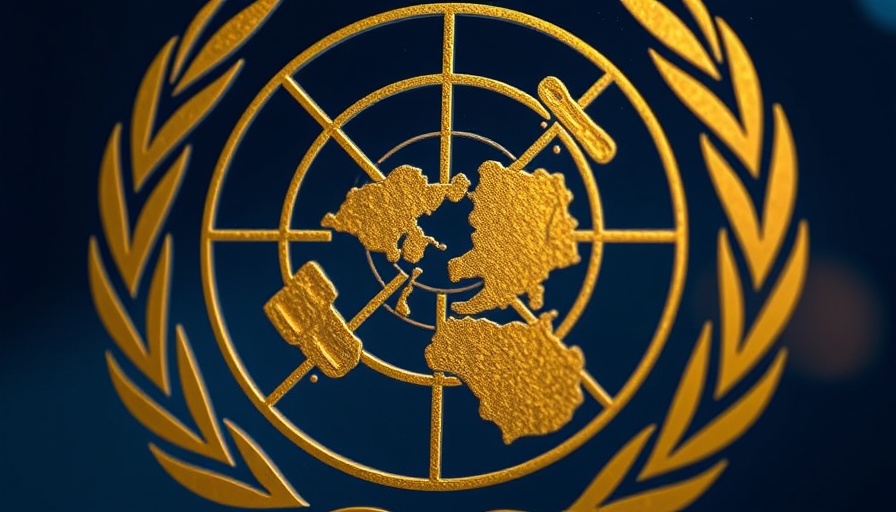
The Creative Solutions for Biotech's Troubled Souls
In the world of biotechnology, the term "zombie" biotechs evokes images of once-promising companies now staggering under the weight of their own failures. Investors face a dilemma: should they continue to hold on to these companies, or is there a better way to handle this sector's persistent issues? Health care investor Kevin Tang proposes an intriguing solution to eliminate these biotech zombies—and it might involve buying them.
Understanding the Zombie Biotech Phenomenon
Biotech companies are often evaluated based on their potential to develop groundbreaking therapies. However, when these companies run out of cash and viable products, they risk becoming "zombies," a liability for investors. Kevin Tang's approach, through his hedge fund Tang Capital Partners, focuses on acquiring struggling biotechs like Acelyrin, which recently received an unsolicited buyout offer at $3 a share to shut them down properly. This method doesn’t just close the curtain on these stagnant firms; it could contribute to a healthier biotech ecosystem.
The Double-Edged Sword of Acquisitions
The buyout of distressed companies also involves balancing the interests of existing shareholders, as seen with Acelyrin’s recent plans to merge with Alumis. While immediate cash offers can relieve pressure, they may complicate ongoing merger discussions. Investors must carefully weigh the implications of such decisions: while companies can be revitalized under new leadership, the path could lead to further chaos if not managed with transparency and strategic vision.
Looking Forward: Implications for Investors
For potential investors and stakeholders, understanding Kevin Tang’s strategy of buying and shutting down biotechs opens up new avenues for investment decisions. By focusing on cash-rich, failed enterprises, investors can not only alleviate industry redundancy but also protect their financial interests. In doing so, this approach could manifest a stronger market overall—one that prioritizes innovation rather than stagnation.
As the biotech landscape continues to evolve, strategies like Tang's reveal the importance of adaptability. The sector is at a crossroads, and how investors respond may very well shape its future.
 Add Row
Add Row  Add
Add 


Write A Comment